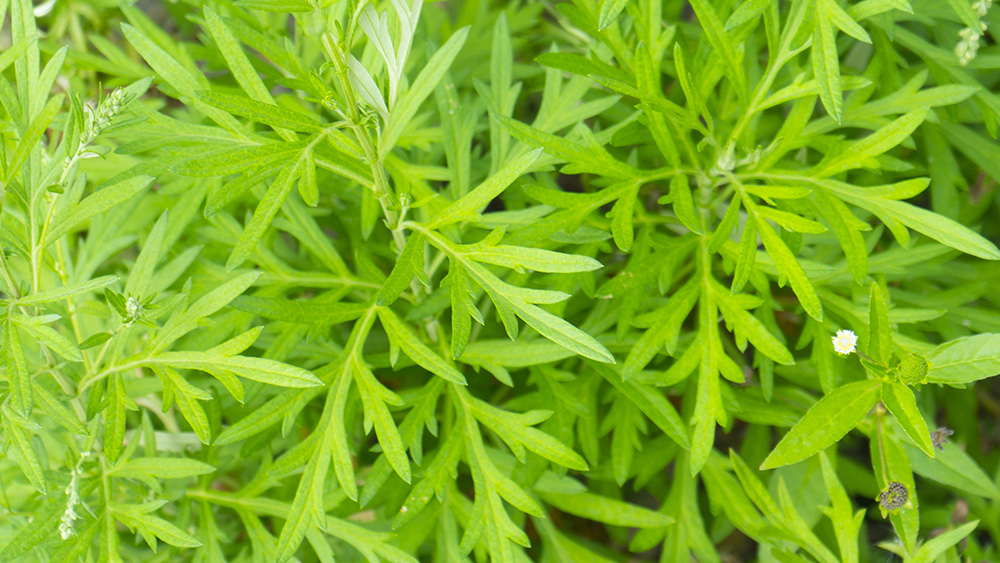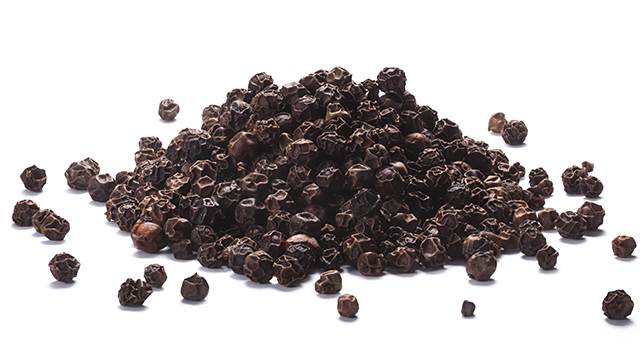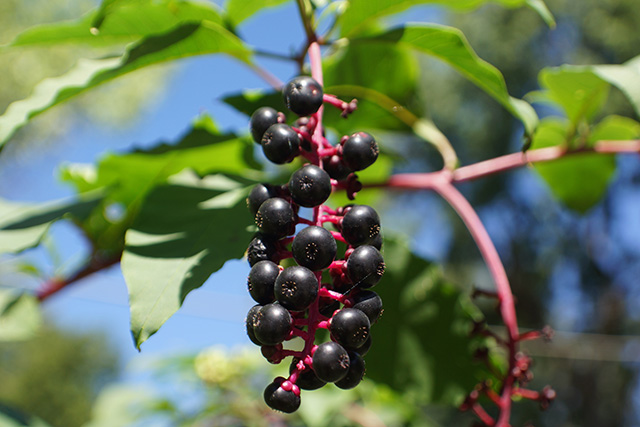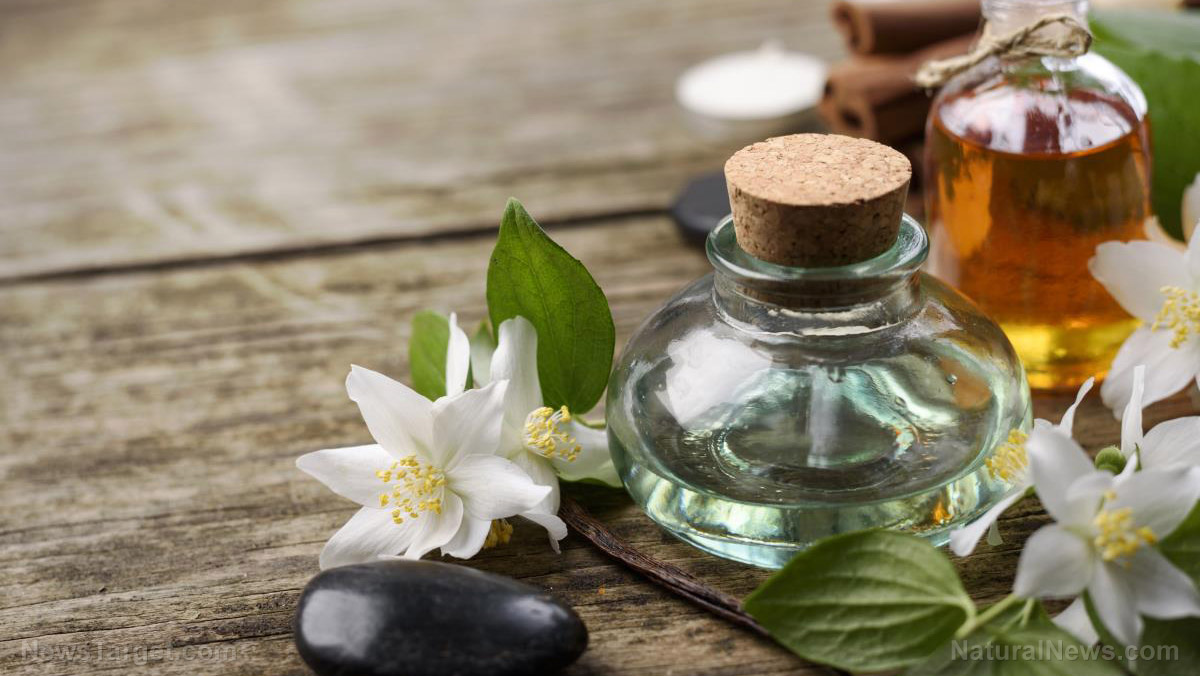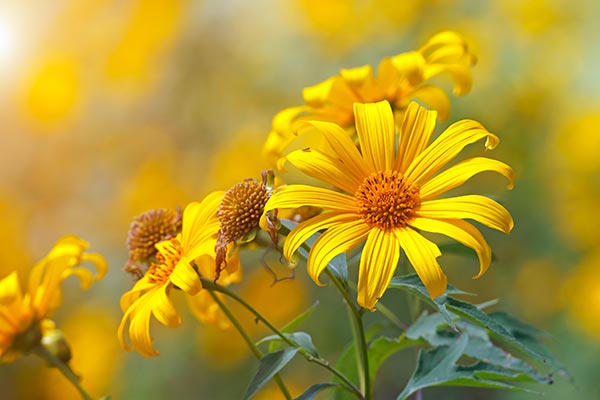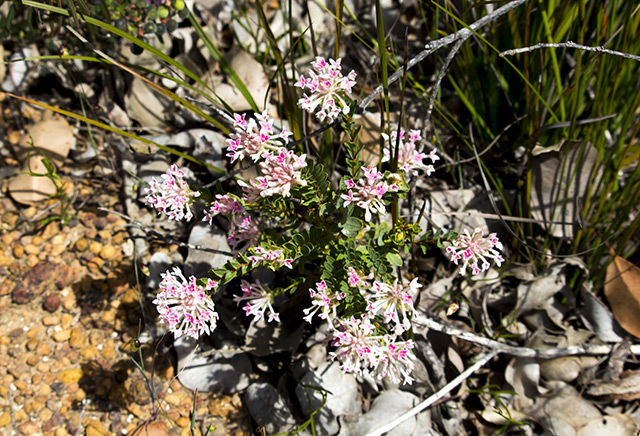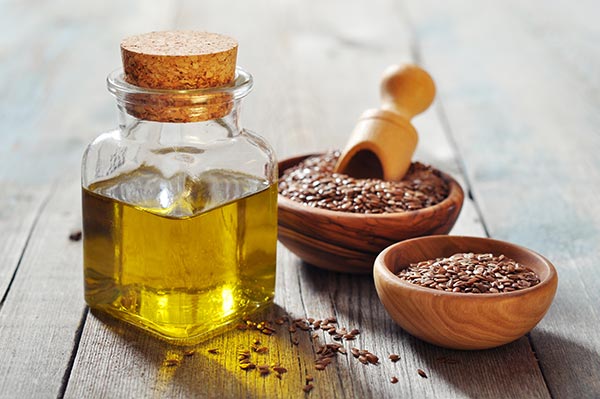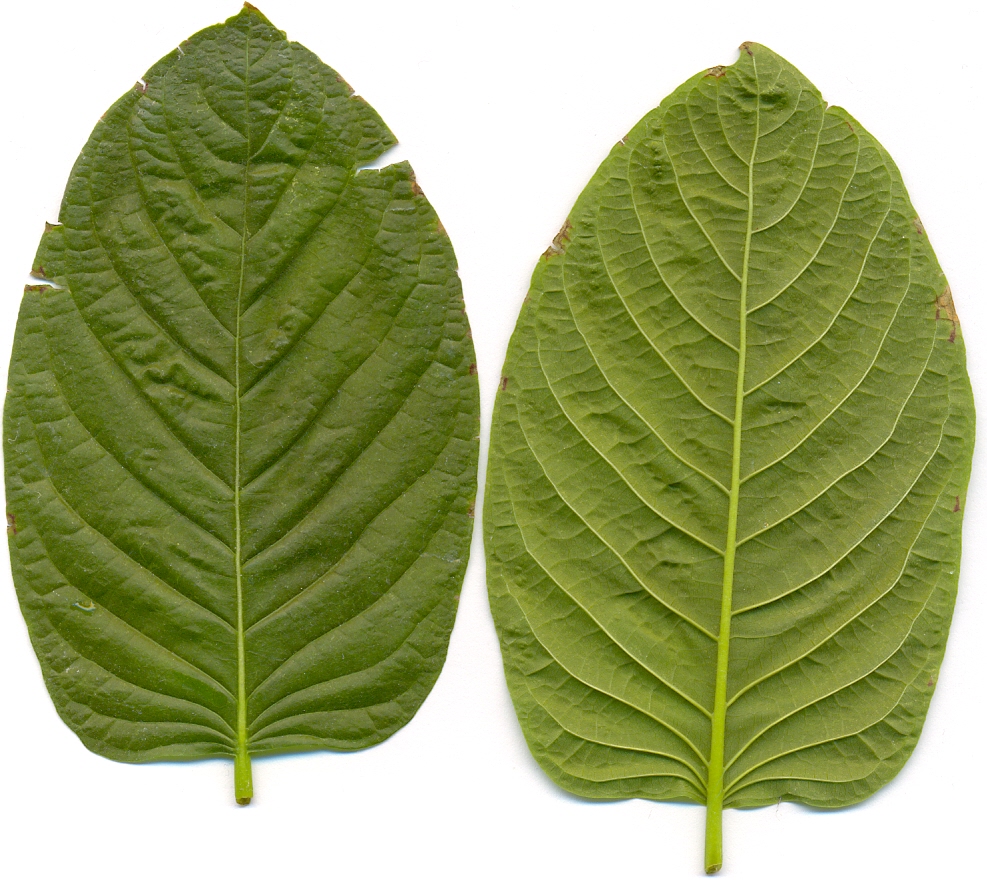Researchers explore the anti-cancer potential of a local onion from Iran
03/16/2020 / By Evangelyn Rodriguez
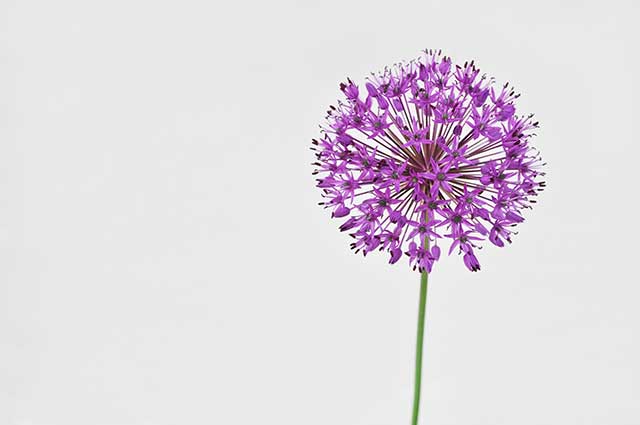
Many of the vegetables that are part of a healthy diet belong the genus Allium. These include onions, garlic, shallots, scallions, leeks and chives. These vegetables are also known for their anti-cancer properties, which have been reported by numerous studies.
In a recent study published in the journal BMC Complementary and Alternative Medicine, researchers from Iran investigated the anti-cancer potential of an Allium plant that’s native to their country. A. bakhtiaricum is a species of onion that grows in the Zagros mountains. To the best of their knowledge, no investigations have been done on the beneficial properties of this local plant.
Local onion in Iran shows potency against breast cancer cells
Allium plants have long been used in folk medicine. In Iran, different species are used to treat various ailments, such as rheumatic and inflammatory disorders, gout, arthritis, psoriasis, hemorrhoids, diarrhea, stomach pain and gastrointestinal disorders.
According to studies, plants from this genus, which include garlic (A. sativum) and onions (A. cepa), are rich sources of secondary plant metabolites. These beneficial compounds come in the form of flavonoids, alkaloids, organosulfur compounds and saponins, all of which exhibit antibacterial, anti-fungal, anti-viral, anthelmintic and anti-cancer properties.
The researchers noted that A. jesdianum, an onion species similar to A. bakhtiaricum, has been found to have analgesic, anti-platelet and anti-cancer effects. To find out if A. bakhtiaricum possesses similar properties, they decided to test its activity in vitro and in vivo using a human breast cancer cell line (MDA-MB-231) and tumor-bearing mice, respectively.
The researchers obtained different extracts from the aerial parts of A. bakhtiaricum and used to them to treat cancer cells as well as BALB/c mice bearing 4T1 mammary carcinoma cells. They then assessed each fraction’s effects on the growth of cancer cells.
The researchers reported that the chloroform and ethyl acetate fractions of A. bakhtiaricum showed the highest cytotoxicity toward MDA-MB-231 cells after 72 hours of treatment. Incubation of MDA-MB-231 cells with different concentrations of each fraction also resulted in cell cycle arrest.
At a quarter of its half maximal inhibitory concentration (IC50) — a measure of its inhibitory potency — the chloroform fraction of A. bakhtiaricum disrupted polymerization in the mitotic microtubules. This process is important for cell organization and development, as microtubules are involved not just in mitosis (cell division), but also in cell motility, intracellular transport and the maintenance of cell shape.
Meanwhile, in vivo, the researchers found that treatment with one milligram per kilogram per day (mg/kg/day) of the chloroform extract suppressed mammary tumor progression and decreased the number of proliferative cells in the mice’s lung tissue.
Based on these findings, the researchers concluded that A. bakhtiaricum can suppress breast cancer by inducing mitotic cell cycle arrest.
Health benefits of eating onions
Plants in the genus Allium are rich in essential micronutrients, as well as plant compounds that promote health. Onions, in particular, have been used as a natural remedy for a variety of ailments, such as colds, nosebleeds, insomnia, age spots, sore throats and menstrual cramps. This versatile vegetable can also be used to treat headaches, heart disease and mouth sores.
Here are some other benefits offered by onions: (h/t to Healthline.com)
- They are packed with nutrients — Onions are particularly high in vitamin C, B-vitamins and potassium.
- They promote heart health — Onions are rich in antioxidants and other compounds that help fight inflammation and lower triglyceride and cholesterol levels.
- They contain anti-cancer compounds — The sulfur compounds and flavonoids in onions can inhibit tumor development and stop cancer from spreading.
- They help regulate blood sugar — According to animal studies, onion extracts can effectively reduce fasting blood sugar and body fat in diabetic rats.
- They help boost bone density — Research suggests that onions support the growth of strong bones and decrease the risk of fractures in older women.
- They help fight harmful bacteria — Rich in anti-microbial components, onion extracts can inhibit the growth of pathogenic bacteria like Vibrio cholerae.
- They help boost digestive health — Onions are great sources of fiber and prebiotics, which feed the good bacteria in the gut. These microbes are important for optimal gut health.
Allium vegetables like onions are not only nutritious and loaded with health benefits, they are also easy to add to your diet. Enjoy the anti-cancer properties of onions and other alliums by using them to spice up your recipes.
Sources include:
Tagged Under: alliums, alternative medicine, cancer cures, cancer treatment, disease treatments, food cures, food is medicine, functional food, herbal medicine, Herbs, natural cures, natural medicine, remedies, research
RECENT NEWS & ARTICLES
COPYRIGHT © 2017 ALTERNATIVE MEDICINE NEWS


